Emperor penguin population is in peril due to vanishing ice
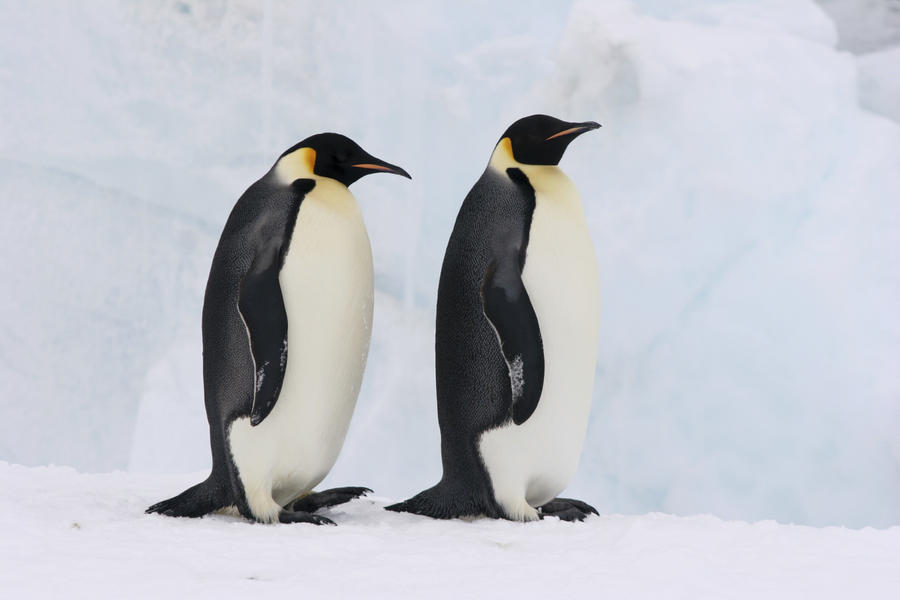

Disappearing sea ice in Antarctica is putting emperor penguins at risk of extinction, researchers warn.
"The population is declining," says Hal Caswell, senior scientist at Woods Hole Oceanographic Institute and an author of a new study in Nature Climate Change. "Unless something changes to stop that, the population will go into extinction."
By 2100, the entire population could decrease by one-third, with all 45 of the known emperor penguin colonies in Antarctica taking a hit. The biggest drops will happen on the coasts of the western Indian Ocean and eastern Weddell Sea, The Guardian says.
The Week
Escape your echo chamber. Get the facts behind the news, plus analysis from multiple perspectives.

Sign up for The Week's Free Newsletters
From our morning news briefing to a weekly Good News Newsletter, get the best of The Week delivered directly to your inbox.
From our morning news briefing to a weekly Good News Newsletter, get the best of The Week delivered directly to your inbox.
The main food source of penguins is krill, and young krill eat the algae on ice; as the ice is lost, the supply of krill drops. The researchers say that one way to help the penguins would be putting them under the protection of the Endangered Species Act. Also, "given this new research, and what we already know about global temperatures warming and the changing climate," says Andrea Kavanagh, director of global penguin conservation for the Pew Charitable Trusts, the U.S. should immediately "put a marine reserve in place so we can make sure we are not fishing in areas where the penguins need to forage for food."
A free daily email with the biggest news stories of the day – and the best features from TheWeek.com
Catherine Garcia has worked as a senior writer at The Week since 2014. Her writing and reporting have appeared in Entertainment Weekly, The New York Times, Wirecutter, NBC News and "The Book of Jezebel," among others. She's a graduate of the University of Redlands and the Columbia University Graduate School of Journalism.
-
 5 prize-winning cartoons about Donald Trump's appetite for awards
5 prize-winning cartoons about Donald Trump's appetite for awardsCartoons Artists take on operatic ambitions, peace prize pacifiers, and more
-
 Will Trump’s $12 billion bailout solve the farm crisis?
Will Trump’s $12 billion bailout solve the farm crisis?Today’s Big Question Agriculture sector says it wants trade, not aid
-
 ‘City leaders must recognize its residents as part of its lifeblood’
‘City leaders must recognize its residents as part of its lifeblood’Instant Opinion Opinion, comment and editorials of the day
-
 Death toll from Southeast Asia storms tops 1,000
Death toll from Southeast Asia storms tops 1,000speed read Catastrophic floods and landslides have struck Sri Lanka, Indonesia, Thailand and Malaysia
-
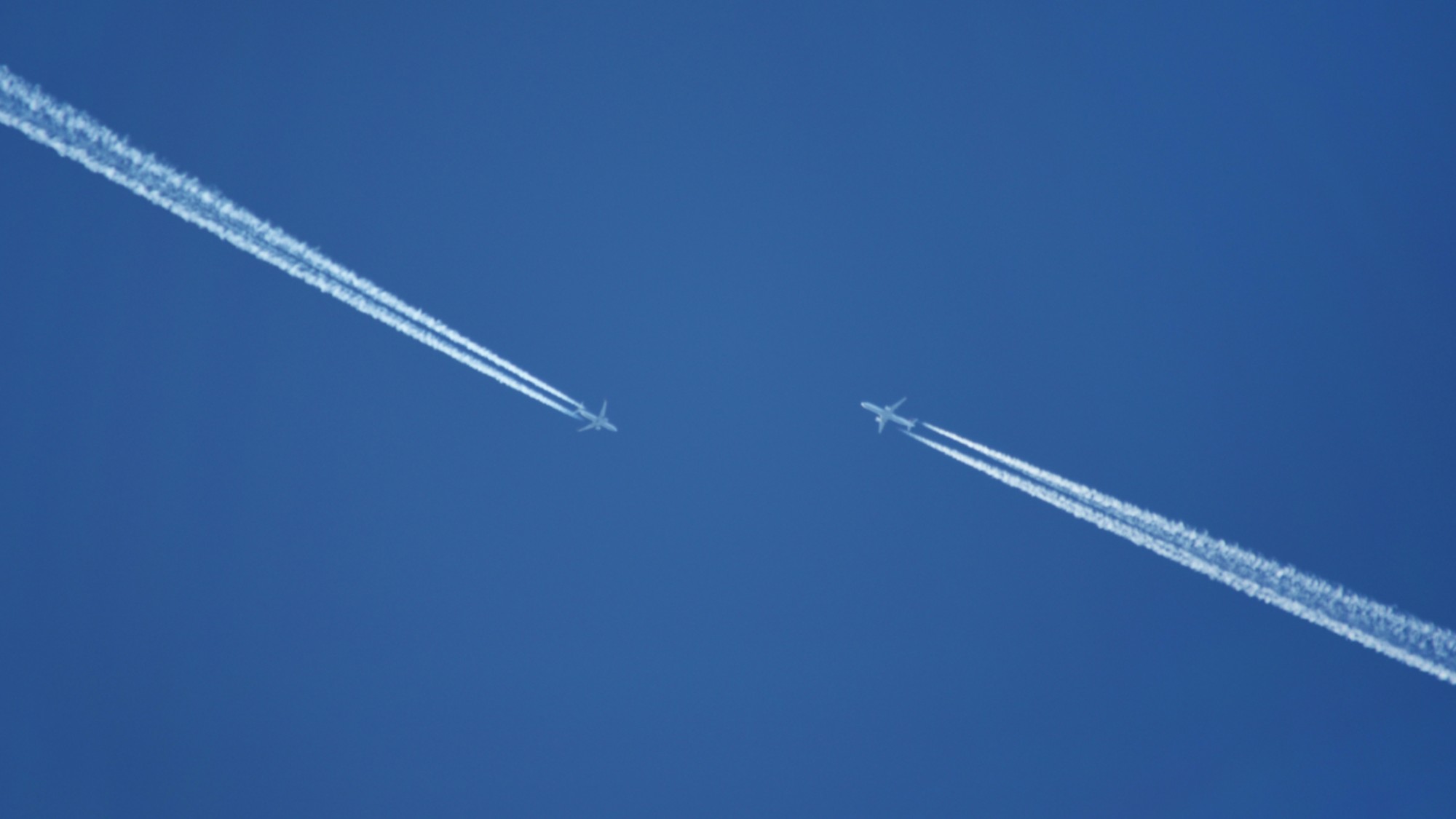 Can for-profit geoengineering put a pause on climate change?
Can for-profit geoengineering put a pause on climate change?In the Spotlight Stardust Solutions wants to dim the sun. Scientists are worried.
-
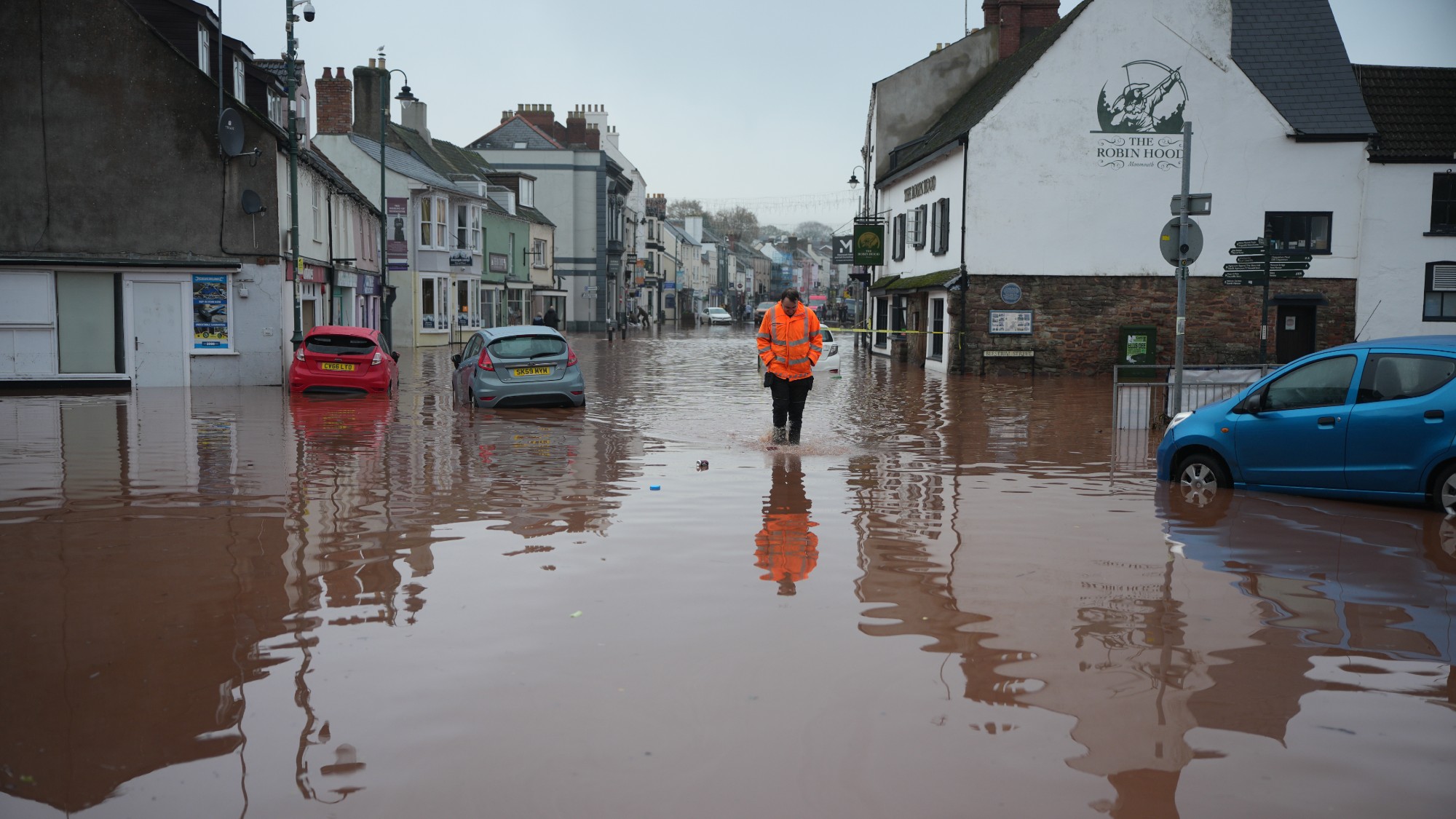 How will climate change affect the UK?
How will climate change affect the UK?The Explainer Met Office projections show the UK getting substantially warmer and wetter – with more extreme weather events
-
 Can the UK do more on climate change?
Can the UK do more on climate change?Today's Big Question Labour has shown leadership in the face of fraying international consensus, but must show the public their green mission is ‘a net benefit, not a net cost’
-
 Did Cop30 fulfil its promise to Indigenous Brazilians?
Did Cop30 fulfil its promise to Indigenous Brazilians?Today’s Big Question Brazilian president approves 10 new protected territories, following ‘unprecedented’ Indigenous presence at conference, both as delegates and protesters
-
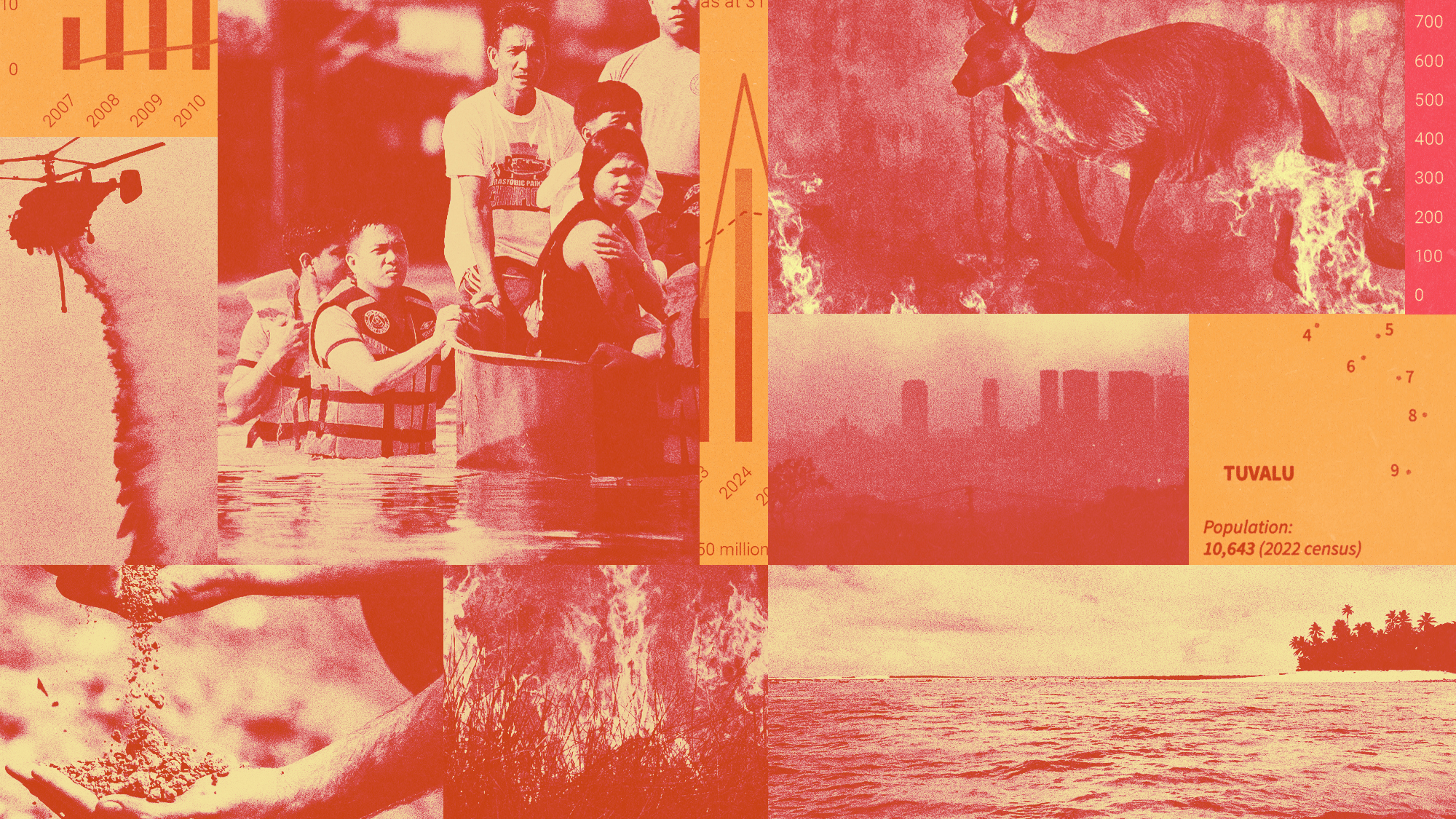 Can the world adapt to climate change?
Can the world adapt to climate change?Today's Big Question As the world gets hotter, COP30 leaders consider resilience efforts
-
 Taps could run dry in drought-stricken Tehran
Taps could run dry in drought-stricken TehranUnder the Radar President warns that unless rationing eases water crisis, citizens may have to evacuate the capital
-
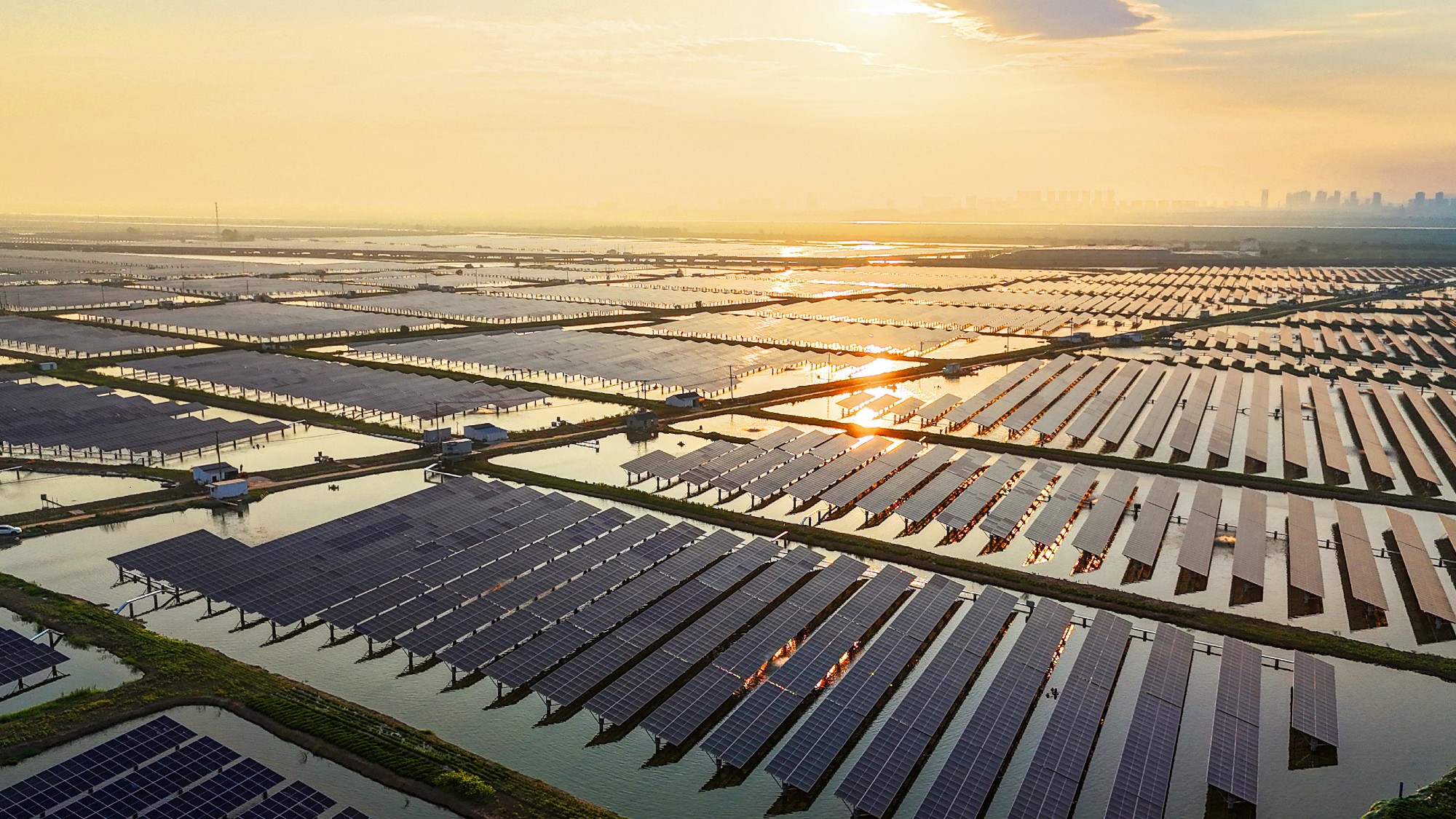 The future of the Paris Agreement
The future of the Paris AgreementThe Explainer UN secretary general warns it is ‘inevitable’ the world will overshoot 1.5C target, but there is still time to change course
